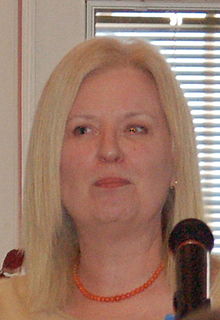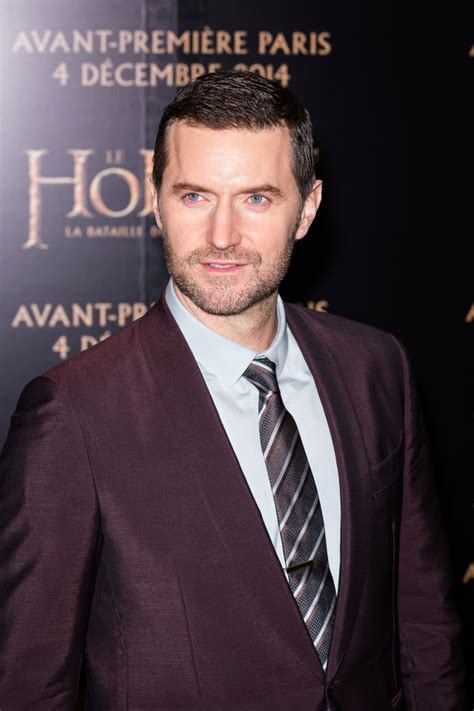A Quote by Haruki Murakami
My heroes don't have anything special. They have something to tell other people but they don't know how, so they talk to themselves.
Related Quotes
People cannot stand the saddest truth I know about the very nature of reading and writing imaginative literature, which is that poetry does not teach us how to talk to other people: it teaches us how to talk to ourselves. What I'm desperately trying to do is to get students to talk to themselves as though they are indeed themselves, and not someone else.
Why does the left hate free speech? Because they don't know how to talk about the substantive merits when they are challenged. Having submerged themselves in disciplining each other by denouncing any heretics in their midst, they find themselves overwhelmed and outnumbered in America, where there is vibrant debate about all sorts of things they don't know how to begin to talk about. They resort to stomping their feet and shouting "shut up"... when they aren't prissily imploring everyone to be "civil."
Pillow talk. It's how you know, it's how you tell, that something different, something special is happening: that this might even be the most important night of your life. Some day -some night- I hope you both may know it, with whoever it may be: the wish, stealing up on you, not to just merge bodies, but all you have, all your years, all your memories up to that point. And why should you wish to do that, if you haven't already guessed that your future too, will be shared?
When people, particularly young people and especially young men, can't imagine themselves as heroes in narratives that they construct for themselves, they look to be heroes in some other way. So young men in America of, let's say, Muslim background, only a tiny, tiny minority - so small as to be almost zero - are likely to ever commit terrorist acts.
I feel like, when the audience connects with something, they enjoy the experience so much that they want other people to go have it. They're like, "Don't talk about it. Don't tell. Just go!" It's a nice feeling to have people coming around it that way, protecting the ideas in it, so that everyone can see it for themselves.
Growing up, my sisters and I would always talk stories. One of my frustrations was I didn't know anything about cameras. I didn't know how to make a film and I obviously didn't have a special effects budget. I was a kid. So I was learning to draw to get down the stuff that was in my head, that I couldn't afford to actually do.




































